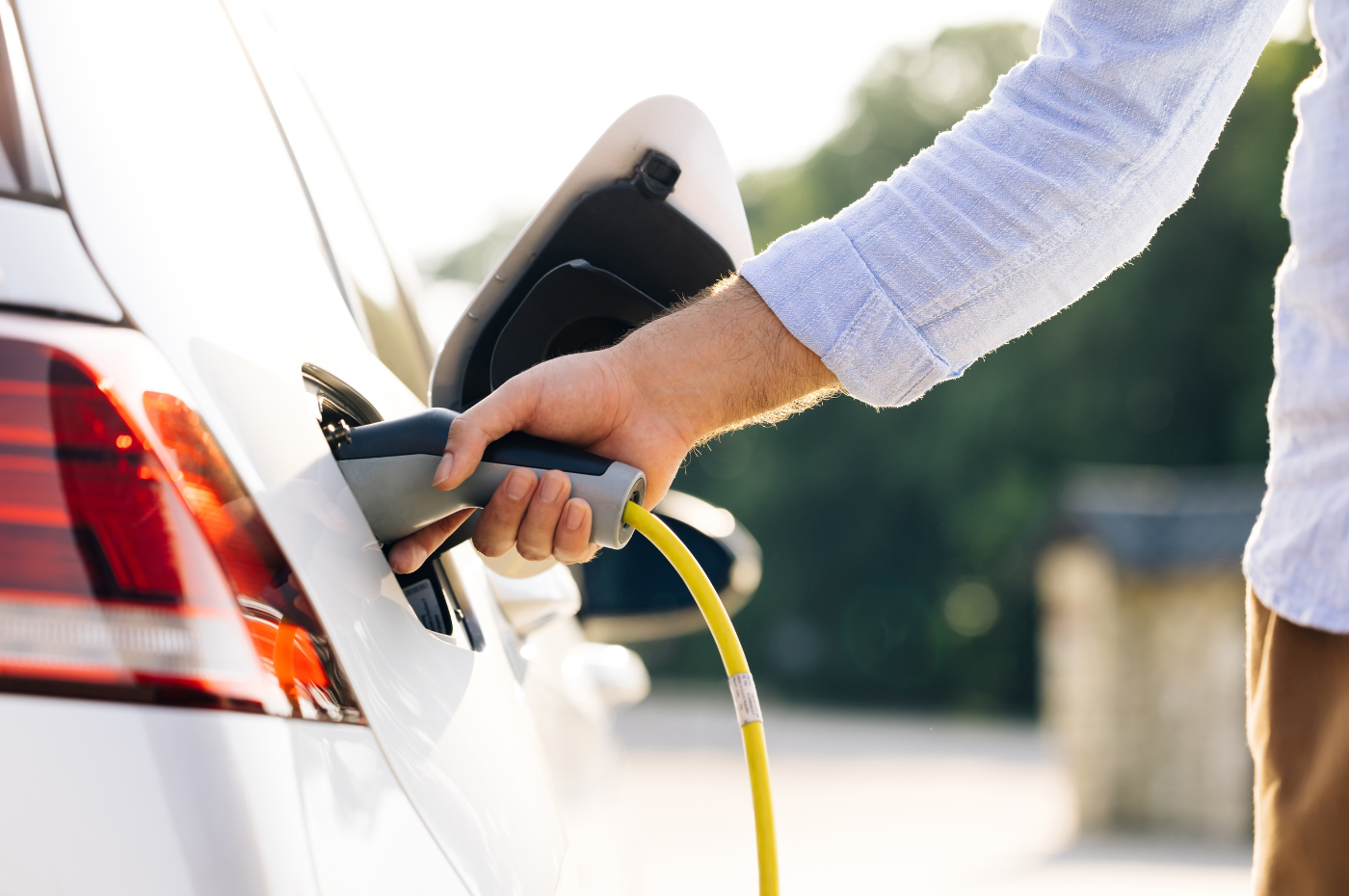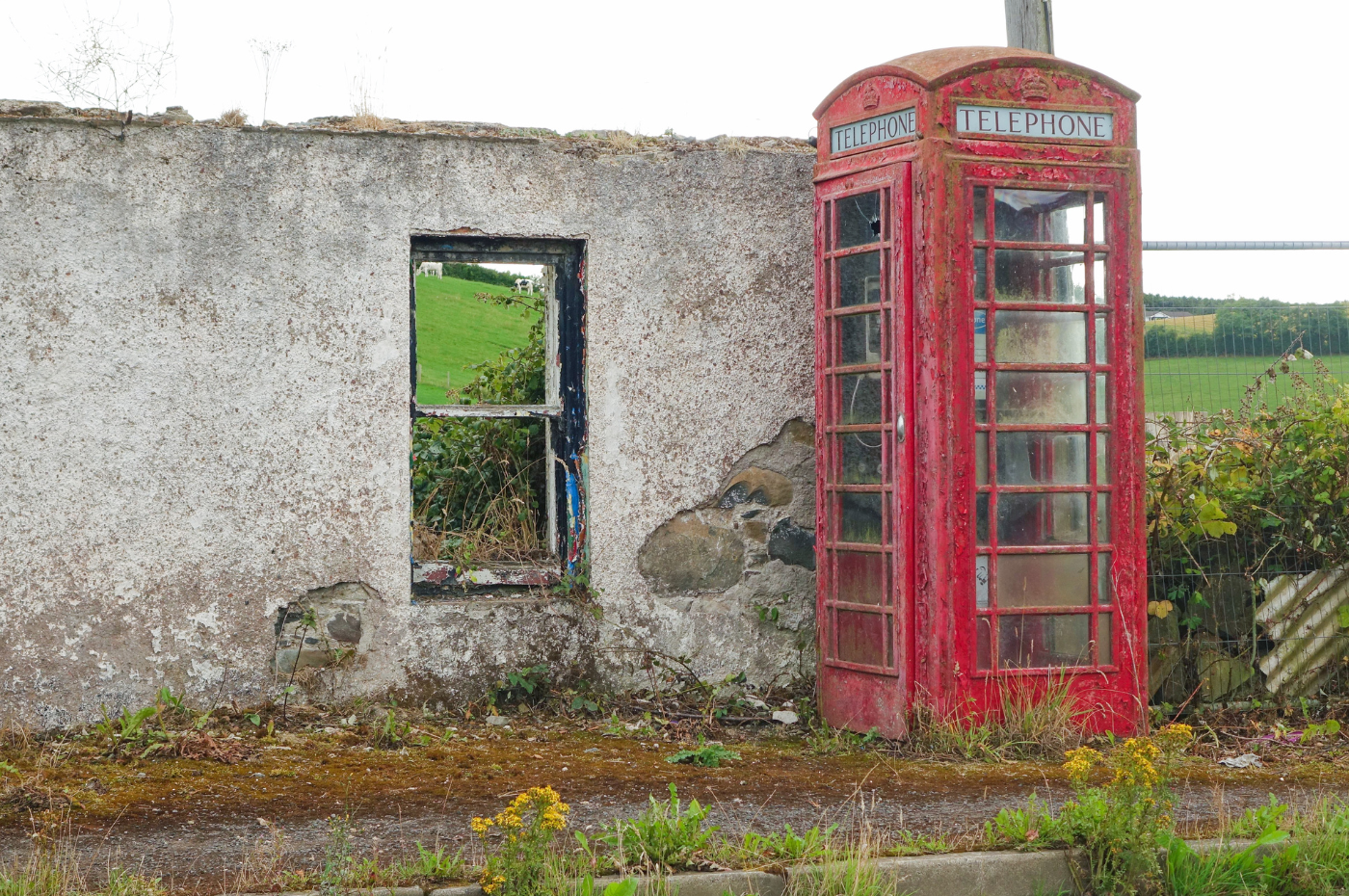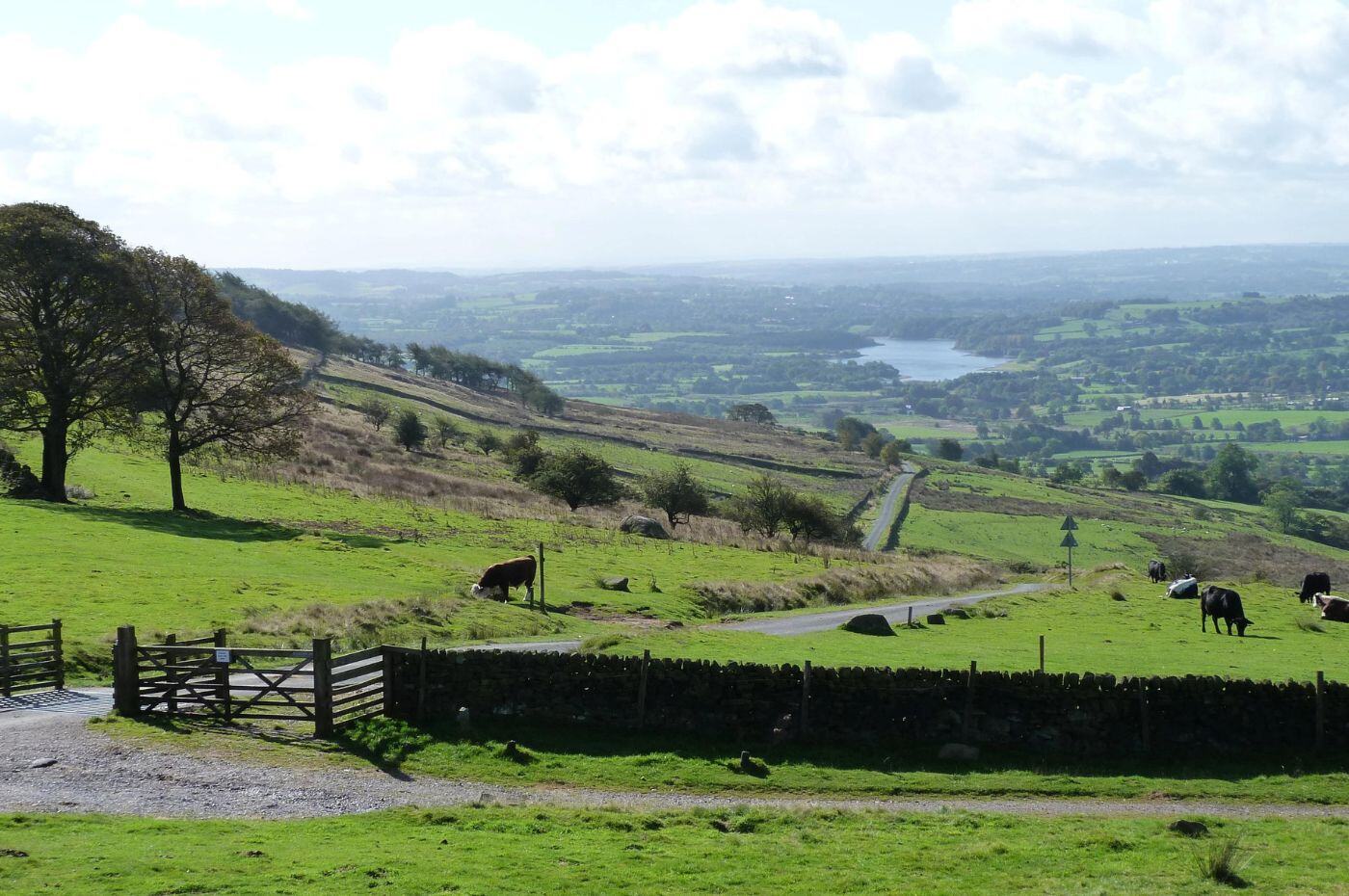Labour MPs confront rural poverty
The Labour Rural Research Group has launched a call for submissions to aid its...
View Details
Countryside Alliance Ireland has responded to a new piece of legislation known as the 'Utility Regulator (Support for Decarbonisation Preparation) Bill’, which has been proposed to enable the Utility Regulator (UR) to support and advise the Department for the Economy (DfE) in fulfilling its statutory requirements under the Climate Change Act (NI) 2022.
The Utility Regulator's principal objective in electricity is to protect the interests of consumers and, in doing so, it must have due regard for a range of things including security of supply and the ability of licence holders to finance the obligations that are imposed upon them.
To meet our 80% renewable electricity target, prompt action is needed to address these challenges and prepare for future opportunities to support the grid, or this target will be missed.
Our insatiable demand for electricity shows no signs of abating in fact it will continue to grow and will undoubtedly increase with the push for more electric cars, ground source heat pumps and with the future promising electric HGVs, boats and even commercial aircraft, all putting even more pressure on an already outdated and overstretched electricity grid.
As our demands and opportunities to harness surplus energy change, this will likely lead to a more decentralise energy production. The NI Utility Regulator's powers and responsibilities will also need to be adapted if NI is to have any chance of meeting our net zero targets.
Countryside Alliance Ireland was surprised that a consultation was needed to compel the Utility Regulator and the Department of Economy to work together on this matter, and we did not agree with the suggestion that the Bill be funded by increasing license fees, as this would simply be passed directly onto customers.
Countryside Alliance Ireland feels that the scope of their undertaking needs to be expanded to include legislation that would prioritise system optimisation over asset utilisation.
This needs to take into account opportunities from those installing renewables, such as solar, that will lead to more distributed electric generation infrastructure. It also needs to look at future opportunities like the ability for electric cars to feed back into the grid when required, thereby allowing homeowners and businesses wishing to connect to the electricity grid to play their role in the energy transition process. Currently, there are too many obstructions to do this, not least the planning and application processes and assessment of the grid having the correct infrastructure in place, unlike our UK counterparts.
This would undoubtedly help in meeting our net zero targets and reduce the cost of generating electricity, but more importantly, increase energy security in an ever uncertain world, reduce the dependence on fossil fuels, and help build resilience against rising prices due to factors outside our control.

The Labour Rural Research Group has launched a call for submissions to aid its...
View Details
Following recent news about the passage of a piece of legislation that aims to...
View Details
Following a years-long consultation process the Department for Culture, Media...
View Details